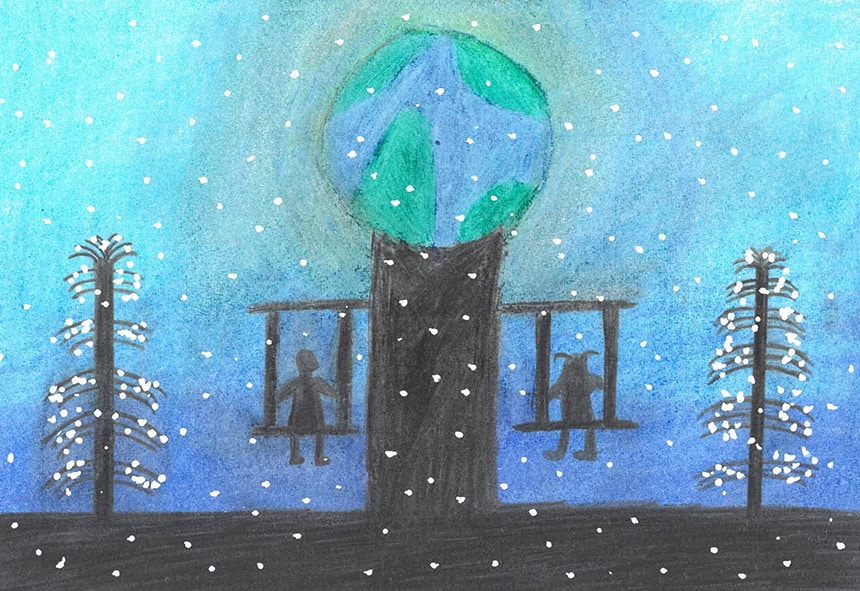We are here to support you during your bereavement for as long as you need us, to help you cope with all those different feelings emotions that you are naturally experiencing as a result of the loss of your loved one.
It takes time and the presence of someone willing to listen and to share your feelings and thoughts. Together we can help you to find ways both to help yourself to get the support you need.
This person might be a relative, a friend, a priest, a health professional, or a trained volunteer from the “Galilee” team.
The grief and pain lessen over time but the person we have lost remains alive in our memory.
The death of someone close to us can turn our life upside down. There is no normal or correct way to grieve. You might at first feel shock, numbness, anger, fear, emptiness and great pain, that gradually turns into longing, sadness, loneliness, and even despair and fear about the future, while later this turns to acceptance, hope, and adjustment to the absence of your loved one from your life. At “Galilee”, We want to support you in this difficult period. Our bereavement support service is offered as an integral part of the palliative care we offer.Our services are provided completely free and we can offer you:
- Talks with a volunteer trained in bereavement support either in person or on the telephone.
- Information about various aspects of grief, and means and sources of support.
- Contact a priest for spiritual support.
Meetings take place either at the hospice or at your home, initially once a week, followed by every two weeks. They usually continue for about a year.
If during the course of the meetings it becomes clear that you need help from a specialist health professional, we can refer you to them.
Despite the fact that grief and the experience of losing someone are unique and very personal, the worries, thoughts, and fears that are often expressed are:
- “I don’t feel anything. I feel numb.”
- “I feel out of control. My feelings swing between two extremes—one minute I am fine and the next minute I break down in tears.”
- “I can’t eat or sleep.”
- “I can hear his voice and feel his presence. I worry that I am losing my mind.”
- “I feel terrible mental anguish. I keep going over and over in my mind what has happened.”
- “I feel so guilty.”
- “My life has no meaning without him. I can’t see the point of going on.”
- “How could she go and leave me like that?”
- “Everyone disappeared after the funeral and the forty-day memorial service.”
- “I can’t concentrate on my work.”
For information on support for children and teenagers see the website of Merimna.



